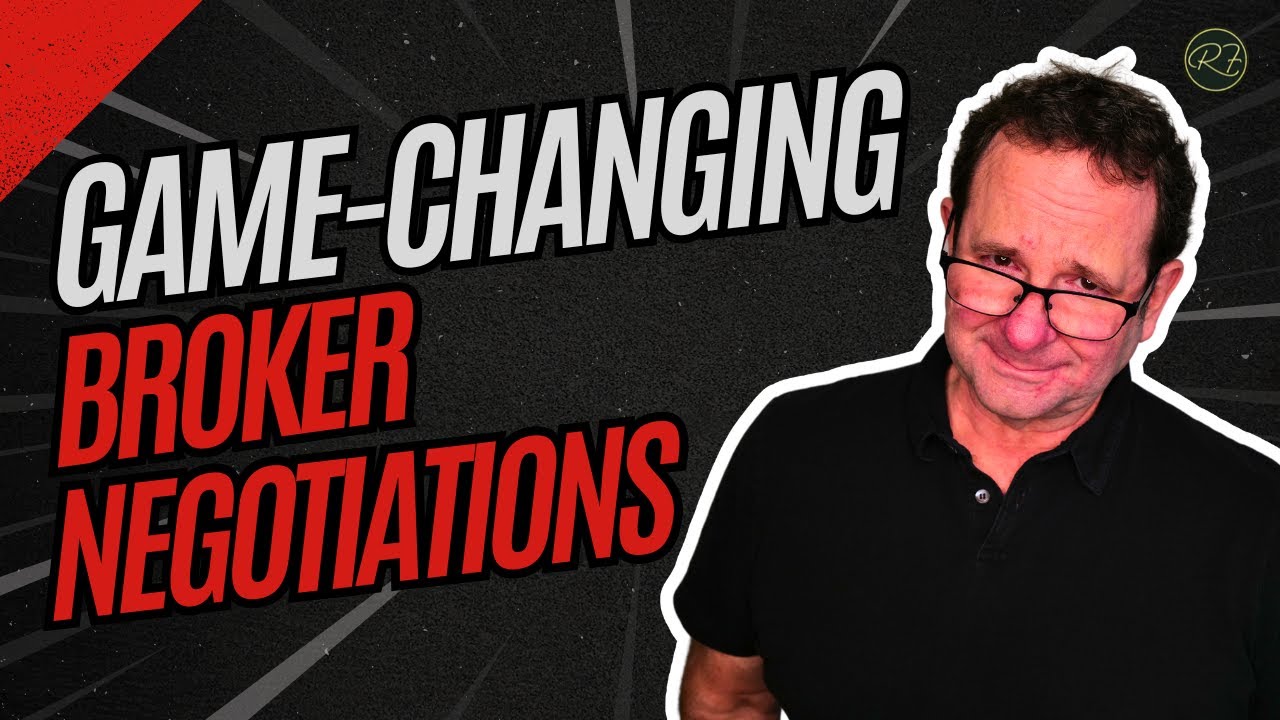
Mastering negotiation strategies with brokers in acquisitions can significantly impact your success when acquiring a business, especially when direct access to the owner is limited. By building rapport with the broker, leveraging creative financing options, and highlighting the “soft” values of your offer, you can strengthen your position and increase your chances of securing a favorable deal.
Building Rapport: A Key Negotiation Strategy with Brokers in Acquisitions
A strong relationship with the broker is essential in any acquisition. Brokers act as the gatekeepers, and building trust with them can help smooth the path to a successful transaction.
- Express Interest in Future Partnerships: Let the broker know you’re interested in potential future acquisitions, positioning yourself as a long-term client.
- Use Positive Language: Communicate your willingness to work cooperatively and explore solutions that meet both parties’ needs.
- Emphasize Flexibility: Show openness to flexible financing options, making you a more attractive buyer than others who may be offering cash-only deals.
Explore relationship-building tips with brokers
Creative Financing: A Powerful Tool in Acquisitions
Using creative financing is one of the most effective negotiation strategies with brokers in acquisitions. Creative financing can make your offer more appealing by reducing the upfront cash burden for both parties.
- Offer Extended Payment Terms: Propose a payment plan that allows for more manageable installments over time, appealing to sellers who may value stability.
- Consider Seller Financing: By suggesting seller financing, you can demonstrate flexibility, which may attract the seller’s interest through the broker.
Learn about creative financing strategies
Highlighting the Non-Financial Benefits of Your Offer
In broker-led acquisitions, communicating the “soft” or non-financial aspects of your offer can set you apart from competing buyers. Many sellers value continuity for their employees and customers and a commitment to maintaining the business legacy.
- Commitment to Employee Retention: Emphasize your commitment to preserving the current workforce, which can reassure both the broker and the seller.
- Acknowledge Business Legacy: If the business has a strong brand or family history, convey your respect for its legacy and intention to preserve it.
- Request Direct Owner Communication: If possible, request a conversation with the owner to discuss values and intentions, helping to clarify any uncertainties about your offer.
Read about the importance of legacy in acquisitions
Navigating Competing Offers and Broker Challenges in Acquisitions
Competing offers and limited access to information are common obstacles in broker-led acquisitions. Here are some strategies for handling these challenges effectively:
- Seek Owner Access: Politely request a direct meeting with the owner to discuss the transaction details. Limited access to the seller may signal potential issues.
- Stand Firm on Your Offer: Maintain confidence in your offer’s value and avoid overextending financially to compete with other buyers.
- Clarify Deal Requirements: Communicate that a conversation with the owner is crucial to finalize your offer, underscoring the importance of transparency.
These strategies allow you to stay competitive and mitigate the risks of broker-led negotiations.
Key Takeaways: Effective Negotiation Strategies with Brokers in Acquisitions
Negotiation strategies with brokers in acquisitions require a combination of relationship-building, flexibility, and clear communication. By emphasizing non-financial benefits, leveraging creative financing, and building rapport, you can navigate the challenges brokers may present and secure a favorable deal.
Incorporating these strategies enables a more collaborative and successful acquisition experience, especially when access to the business owner is restricted.
Ready to explore acquisition strategies that fit your needs?
Book a Free Strategy Session with the EPIC Network to discover customized solutions to support your success.










